14 Beauty Habits That Might Be Damaging Your Skin
Your skin deserves the best care, but some common beauty habits may actually be causing harm. Many people unknowingly engage in practices that can irritate or damage their skin over time. From skipping sunscreen to over-exfoliating, these habits could be undermining your skincare routine. It is important to understand which actions to avoid for healthier, glowing skin. In this article, we will highlight unhealthy beauty habits that could be damaging your skin and offer tips for a more effective skincare regimen.
This post may contain affiliate links, which helps keep this content free. Please read our disclosure for more info.
Sunbathing

Sunbathing without protection can accelerate the aging process of your skin, causing wrinkles, sagging, and age spots. The ultraviolet (UV) rays from the sun damage collagen and elastin fibers in the skin, leading to a loss of firmness and elasticity. Over time, it increases the risk of skin cancer due to the prolonged exposure to harmful UV rays. It is important to limit sun exposure and always use proper protection to maintain healthier, younger-looking skin.
Even brief sunbathing without sunscreen can have cumulative effects on your skin’s health. Sunburns are a common consequence of prolonged exposure, which not only causes immediate pain but also leads to long-term damage to the skin cells. This damage can increase the risk of skin conditions such as melasma and skin cancer. Wearing protective clothing, seeking shade, and applying sunscreen regularly are vital steps in protecting the skin.
Neglecting Sunscreen
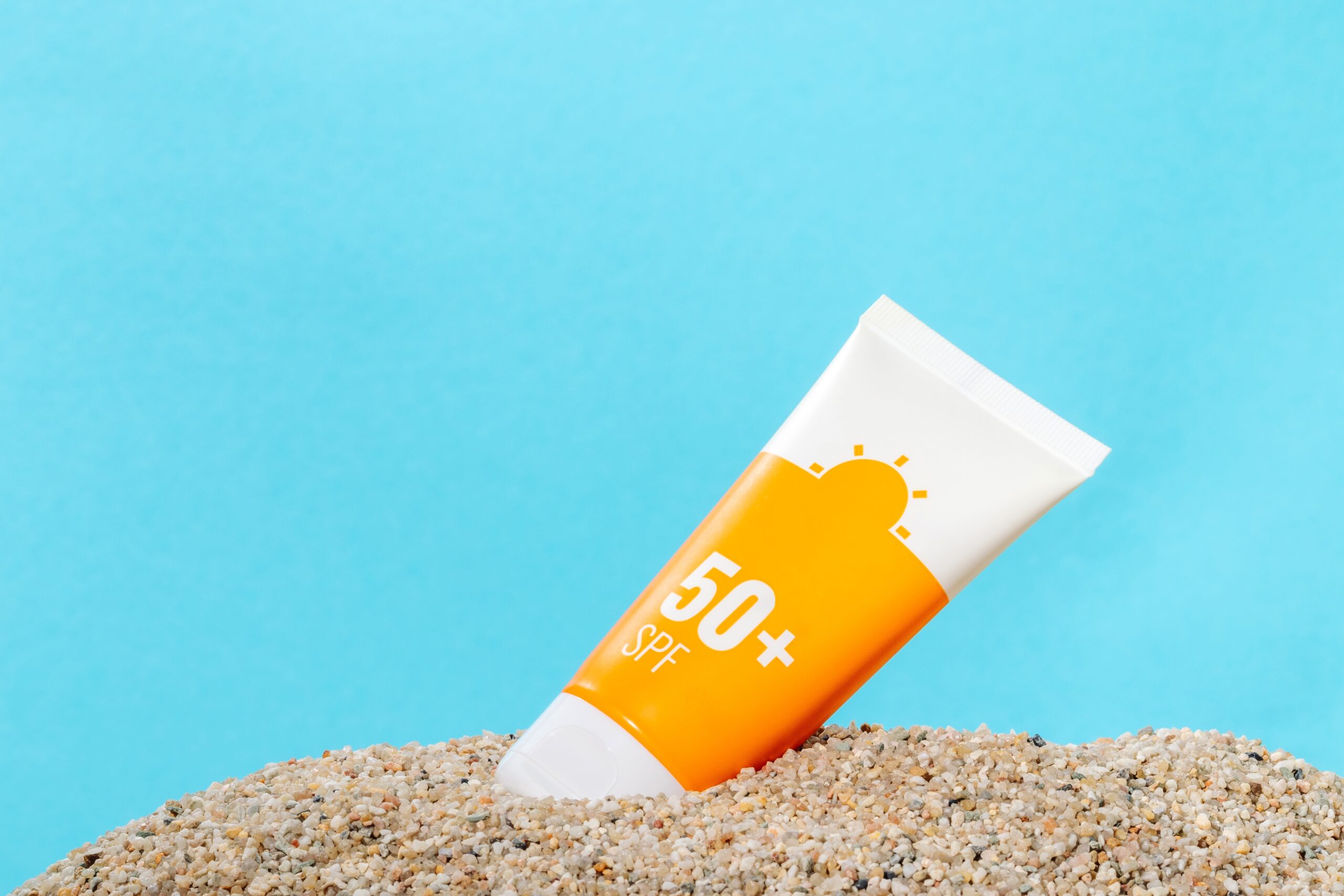
Failing to apply sunscreen exposes the skin to harmful UV rays, which can cause premature aging signs such as fine lines, wrinkles, and sun spots. UV rays break down the skin’s collagen and elastin, leading to skin sagging and loss of elasticity over time. Skin cells can also become damaged, increasing the likelihood of skin cancer. Regularly applying sunscreen can reduce these risks and help maintain the skin’s youthful appearance.
Sunscreen provides an essential barrier between your skin and the sun’s harmful rays. Even on cloudy days or during winter, sunscreen should be part of your daily skincare routine. Neglecting sunscreen can lead to sunburns, which result in inflammation, redness, and peeling. Over time, these repetitive sunburns can contribute to long-term skin damage that is difficult to reverse.
Excessive Alcohol Consumption
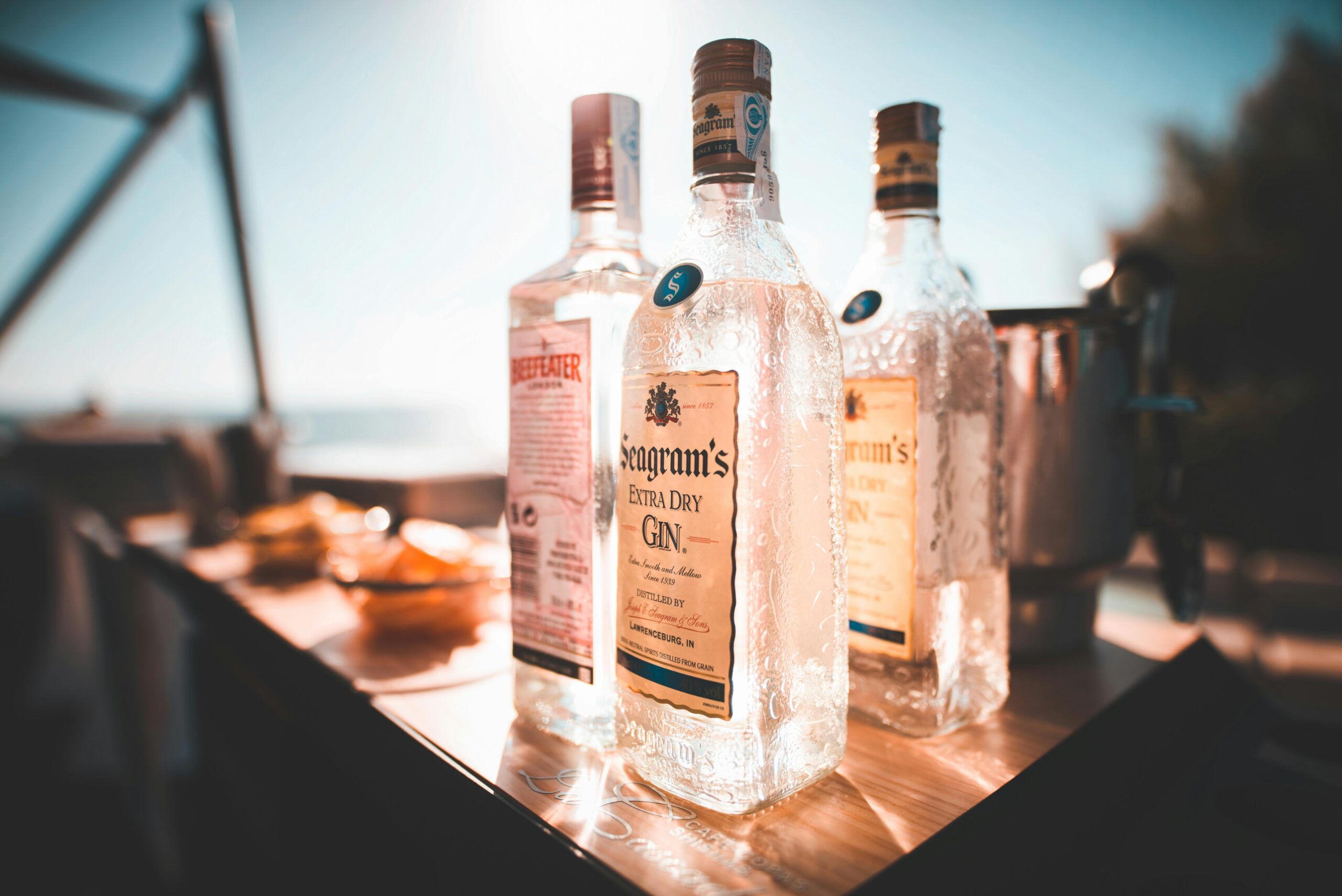
Excessive alcohol consumption leads to dehydration, which directly impacts the appearance and health of the skin. Dehydrated skin appears dull, flaky, and more prone to irritation. Alcohol also reduces the body’s ability to retain essential moisture, making the skin more susceptible to dryness and premature aging. In addition, alcohol dilates blood vessels, which can lead to redness and puffiness, especially around the eyes.
Over time, excessive alcohol use can contribute to a compromised immune system, which hinders the skin’s ability to repair itself. This can lead to an increase in skin conditions such as acne, eczema, and rosacea. Alcohol also disrupts the body’s natural sleep patterns, which affects the skin’s ability to rejuvenate during the night. Moderation in alcohol consumption can help maintain healthy, glowing skin.
Drinking Alcohol Before Bed

Drinking alcohol before bed interferes with your skin’s ability to repair itself overnight. While alcohol may initially make you feel drowsy, it disrupts the quality of your sleep, leading to a lack of skin regeneration. Poor sleep results in the release of stress hormones that can increase skin inflammation and acne outbreaks. The dehydration caused by alcohol consumption also leaves your skin looking dry and tired in the morning.
Alcohol also affects blood circulation, which can impair the flow of oxygen and nutrients to the skin. This disruption may make the skin appear dull and lifeless, with a higher chance of developing fine lines. The body’s natural repair mechanisms are compromised, leaving your skin vulnerable to damage. Avoiding alcohol before bed can improve the quality of your sleep and support better skin health.
Smoking
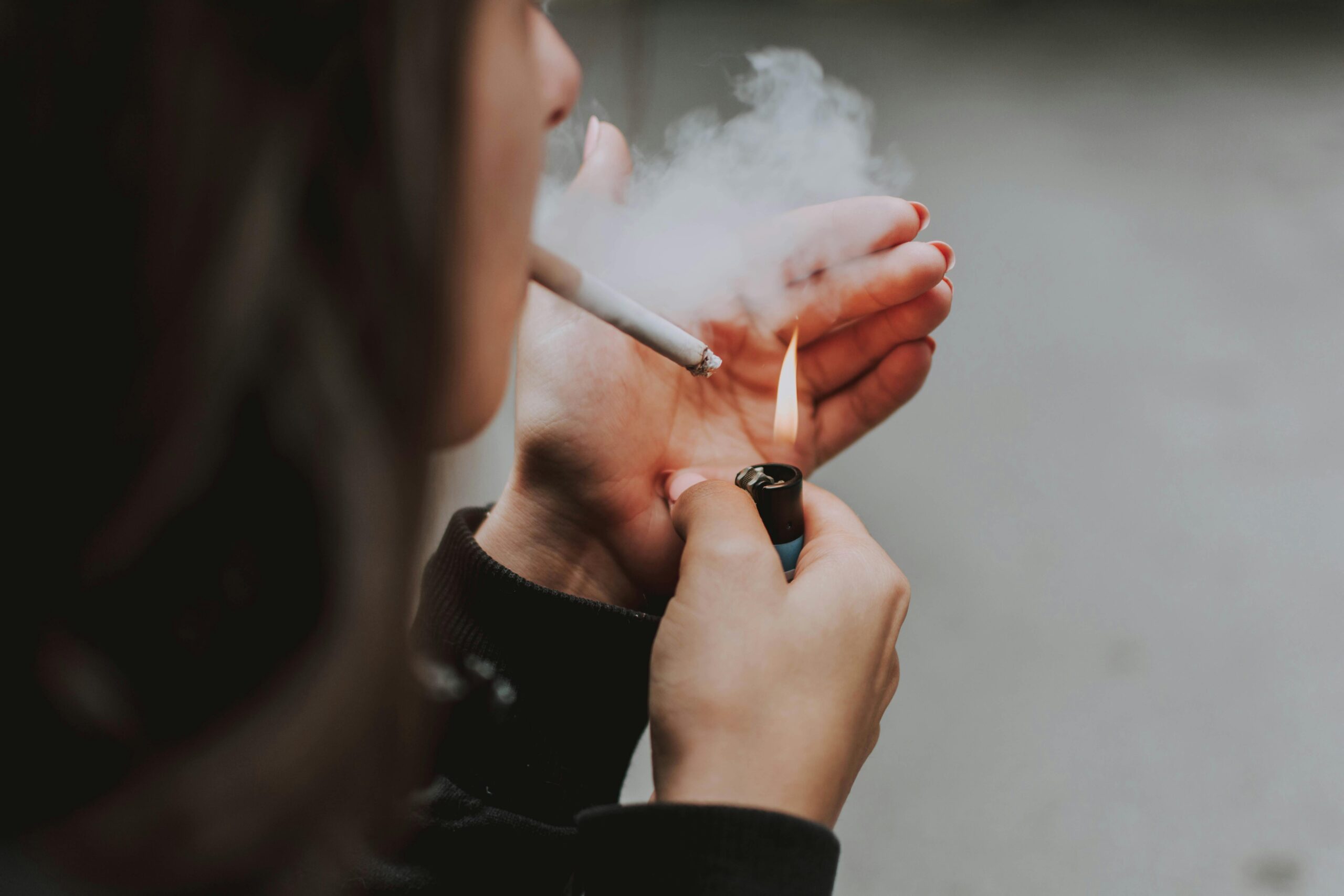
Smoking accelerates skin aging by reducing blood flow to the skin, depriving it of oxygen and essential nutrients. This leads to a decrease in collagen production, which is responsible for maintaining the skin’s strength and elasticity. As a result, smokers often experience sagging skin, fine lines, and wrinkles, particularly around the mouth and eyes. Additionally, smoking causes the skin to lose its natural glow and appear dull and uneven.
The toxins in cigarette smoke contribute to inflammation and damage the skin’s structure, causing it to weaken over time. Smoking also disrupts the healing process, meaning that skin injuries and blemishes take longer to repair. Smokers often have a higher risk of developing conditions such as acne and rosacea. Quitting smoking can significantly improve the health and appearance of your skin.
Sugar Overload

Consuming too much sugar can trigger a process known as glycation, where sugar molecules attach to collagen and elastin in the skin, making them stiff and less flexible. This results in the loss of skin elasticity and premature signs of aging, such as wrinkles and sagging. Excess sugar also increases the production of insulin, which can lead to inflammation and exacerbate skin conditions like acne. Reducing sugar intake can help protect collagen and promote a smoother, more youthful appearance.
In addition to aging the skin, excess sugar in the diet can promote an increase in oil production. This can clog pores and lead to acne breakouts, particularly in individuals with oily skin. The high-glycemic nature of sugary foods can also disrupt the balance of hormones in the body, further aggravating skin issues. Limiting sugar consumption benefits the skin by reducing inflammation and maintaining a more balanced complexion.
Poor Hydration
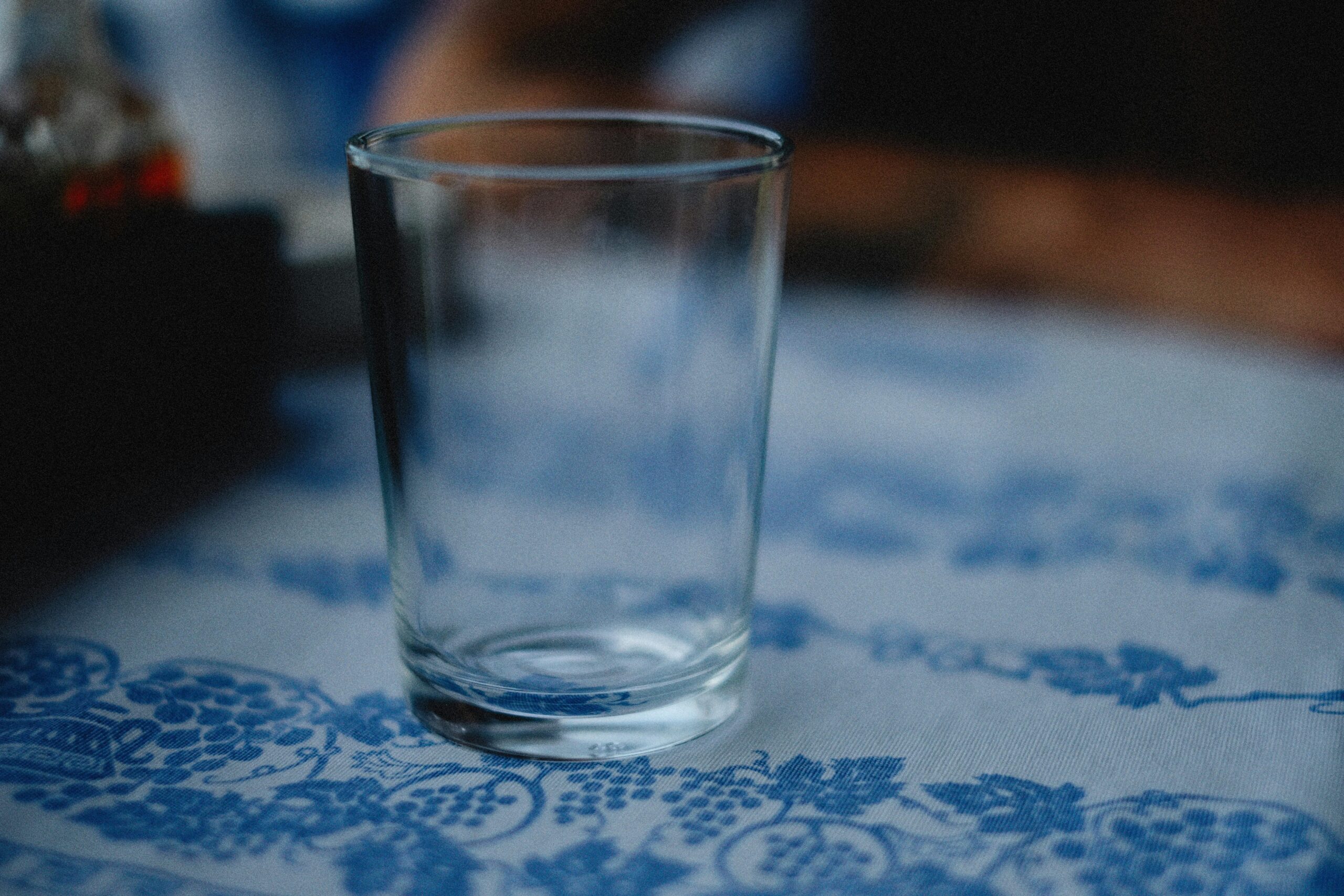
When you are dehydrated, your skin loses its natural moisture, leading to a dry, tight, and flaky appearance. Dehydration can also make fine lines and wrinkles more noticeable, as the skin lacks the plumpness that hydration provides. Without proper moisture, the skin’s barrier function becomes weakened, making it more prone to irritation and sensitivity. Drinking enough water throughout the day is crucial for maintaining skin hydration and a healthy, radiant complexion.
Dehydration also impairs the skin’s ability to heal itself, meaning that cuts, bruises, or blemishes take longer to recover. Without adequate water intake, the skin may appear dull and lackluster. It is essential to replenish lost fluids by drinking water, herbal teas, or consuming hydrating fruits and vegetables. Hydrated skin looks healthier and more vibrant, with a smoother texture and fewer visible signs of aging.
Inadequate Sleep

Inadequate sleep impacts your skin’s ability to regenerate and repair itself overnight. During deep sleep, the body produces growth hormones that help regenerate skin cells and repair any damage caused during the day. When sleep is disrupted or insufficient, the skin becomes more prone to irritation, puffiness, and acne. Lack of rest can also result in a dull complexion and the appearance of under-eye bags.
Chronic sleep deprivation causes an increase in cortisol, the stress hormone, which can exacerbate skin conditions such as acne and eczema. It can also lead to inflammation, making the skin appear red or blotchy. The body’s inability to perform essential repair functions during the night speeds up the aging process. Getting enough quality sleep allows the skin to recover, repair, and appear refreshed each morning.
Hot Showers and Baths
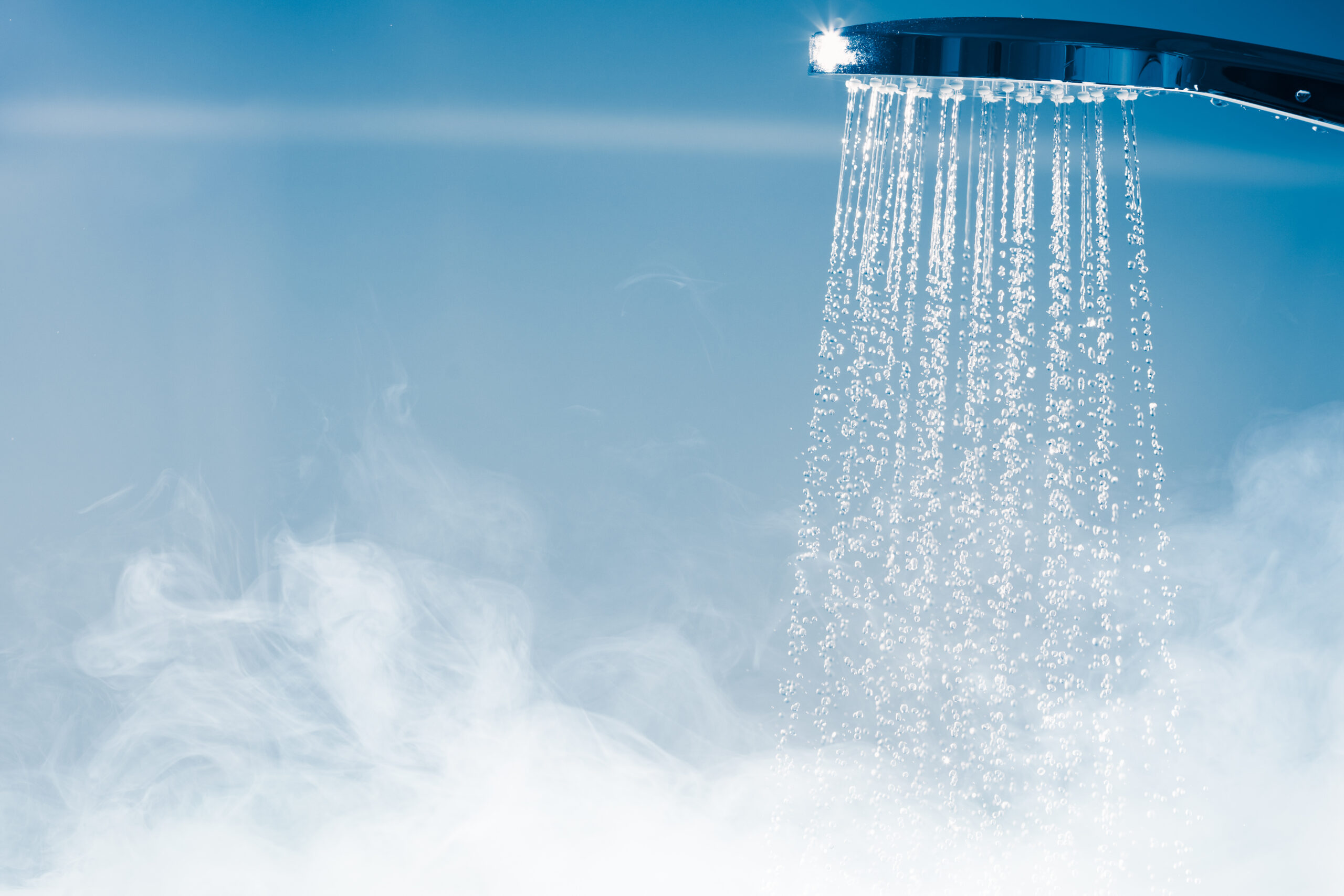
Hot showers and baths strip the skin of its natural oils, leaving it dry and irritated. The heat can also cause blood vessels to dilate, resulting in redness and a flushed appearance, particularly for people with sensitive skin. Over time, frequent exposure to hot water can compromise the skin’s barrier function, making it more vulnerable to environmental pollutants and allergens. It is important to use lukewarm water instead of hot water to protect the skin’s moisture balance.
Hot water can also aggravate conditions such as eczema, psoriasis, and rosacea. These skin issues may worsen due to the heat’s ability to dry out the skin and trigger inflammation. In addition, hot water can cause the skin to lose elasticity, making it look more saggy and wrinkled. Using cooler water when showering or bathing can help preserve the skin’s hydration and maintain its overall health.
Over-Exfoliation
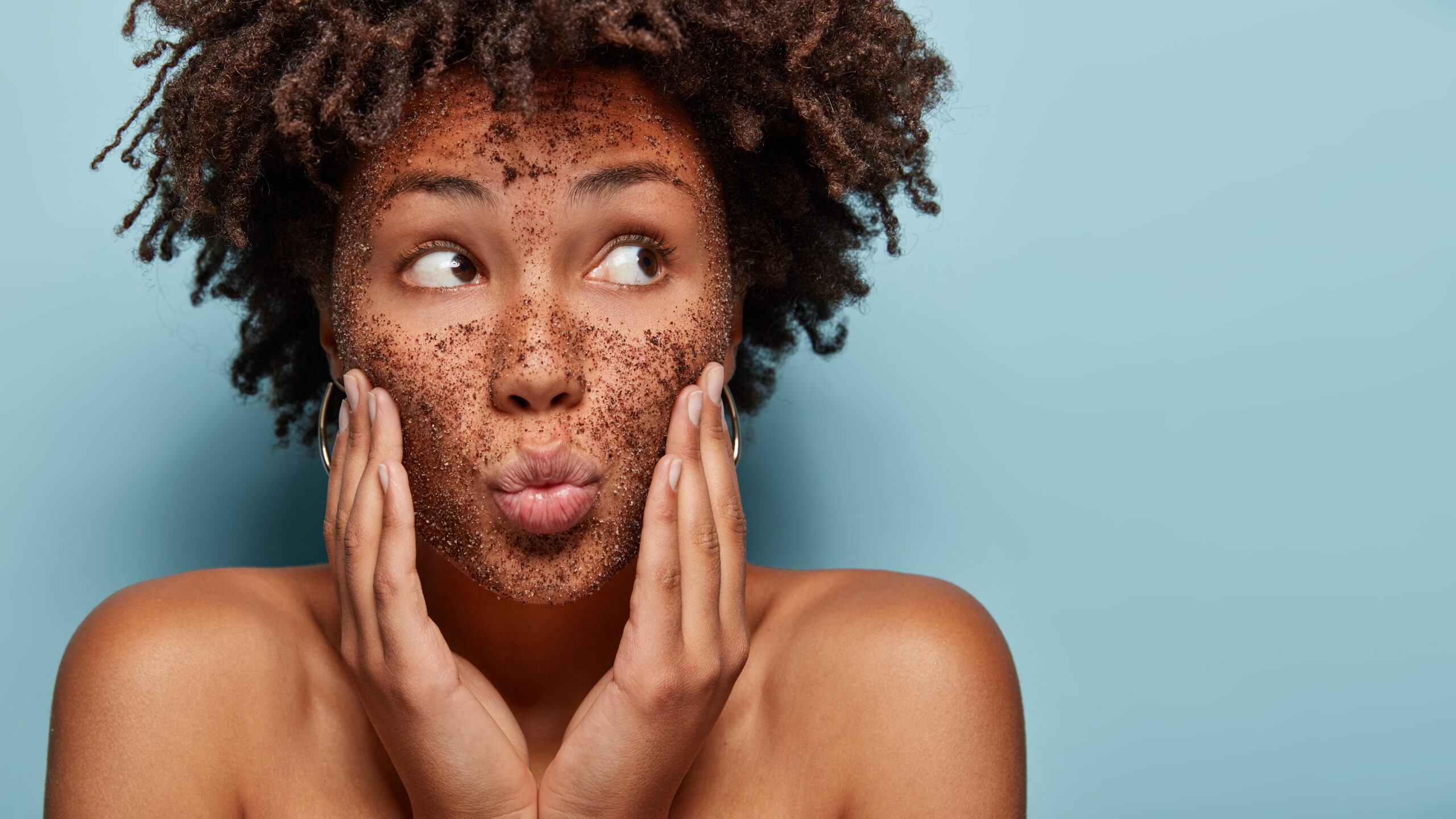
Exfoliating the skin too often can strip away the protective outer layer, leaving it vulnerable to irritation, redness, and dryness. Over-exfoliation can also lead to an increase in skin sensitivity, making it more prone to sunburns and allergic reactions. When the skin’s natural barrier is compromised, it becomes more susceptible to environmental pollutants and bacteria. It is best to exfoliate gently and only as needed to avoid harming the skin.
Excessive exfoliation also disrupts the skin’s natural renewal process, which can lead to a dull and uneven complexion. While exfoliating can help remove dead skin cells, overdoing it may result in more harm than good. It is essential to give the skin time to recover between exfoliation sessions. Using mild exfoliants and limiting their use helps maintain healthy, glowing skin.
Microneedling Your Skin at Home
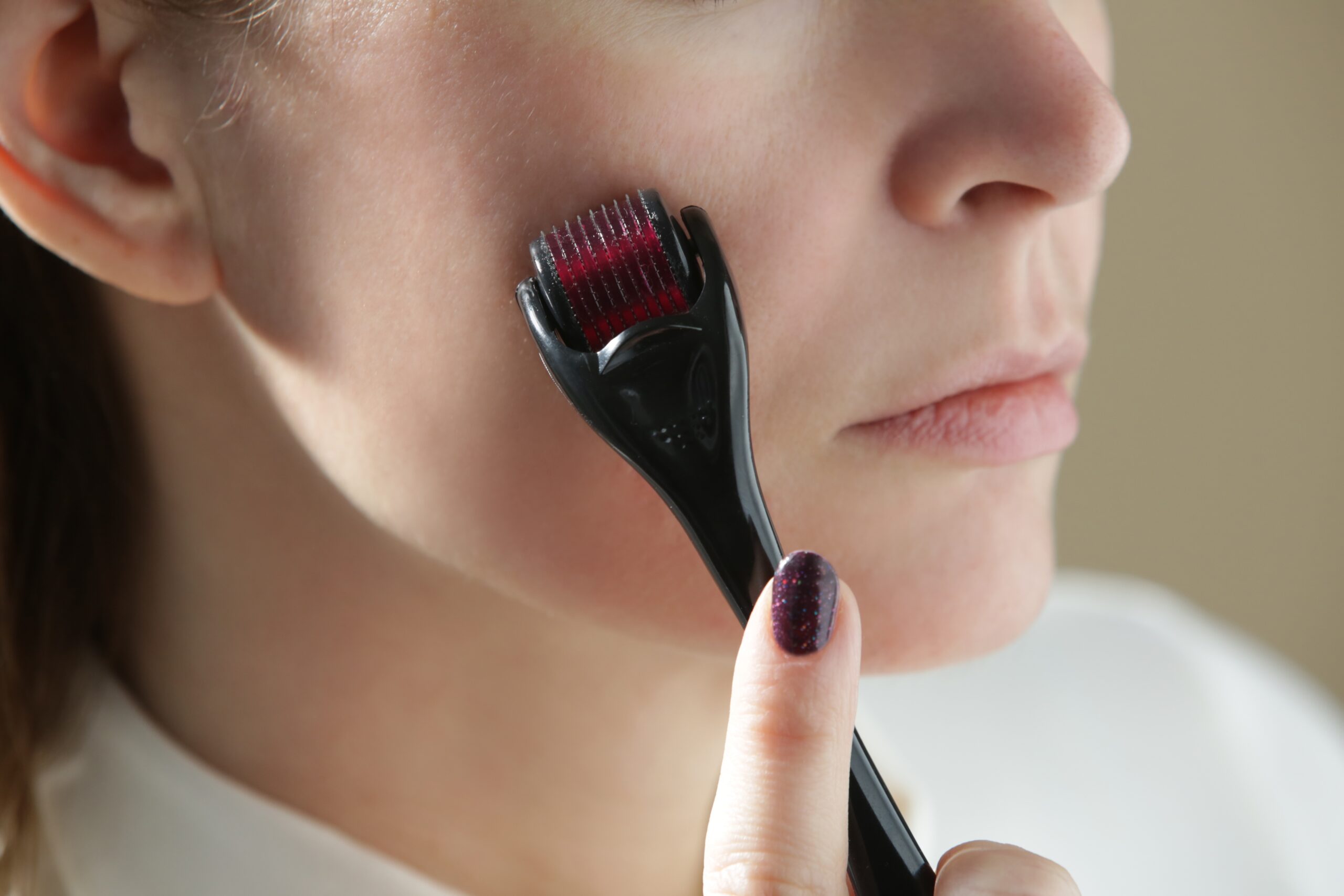
Microneedling involves creating tiny punctures in the skin to stimulate collagen production, but doing this at home can lead to complications if not done correctly. Without proper training or sterilization, the process can introduce bacteria into the skin, causing infections or scarring. Overuse of microneedling devices can also lead to skin irritation and inflammation, making existing skin conditions worse. Professional microneedling performed by a dermatologist or licensed practitioner ensures safety and effective results.
At-home microneedling tools often lack the precision and control that professionals have, leading to uneven results. If the needles are too long or not used properly, they can cause deeper damage to the skin, leading to scarring or hyperpigmentation. It is important to follow safety guidelines and avoid overuse of microneedling devices to protect the integrity of the skin. Consulting a professional is always recommended for those considering microneedling as part of their skincare routine.
Over-Cleansing
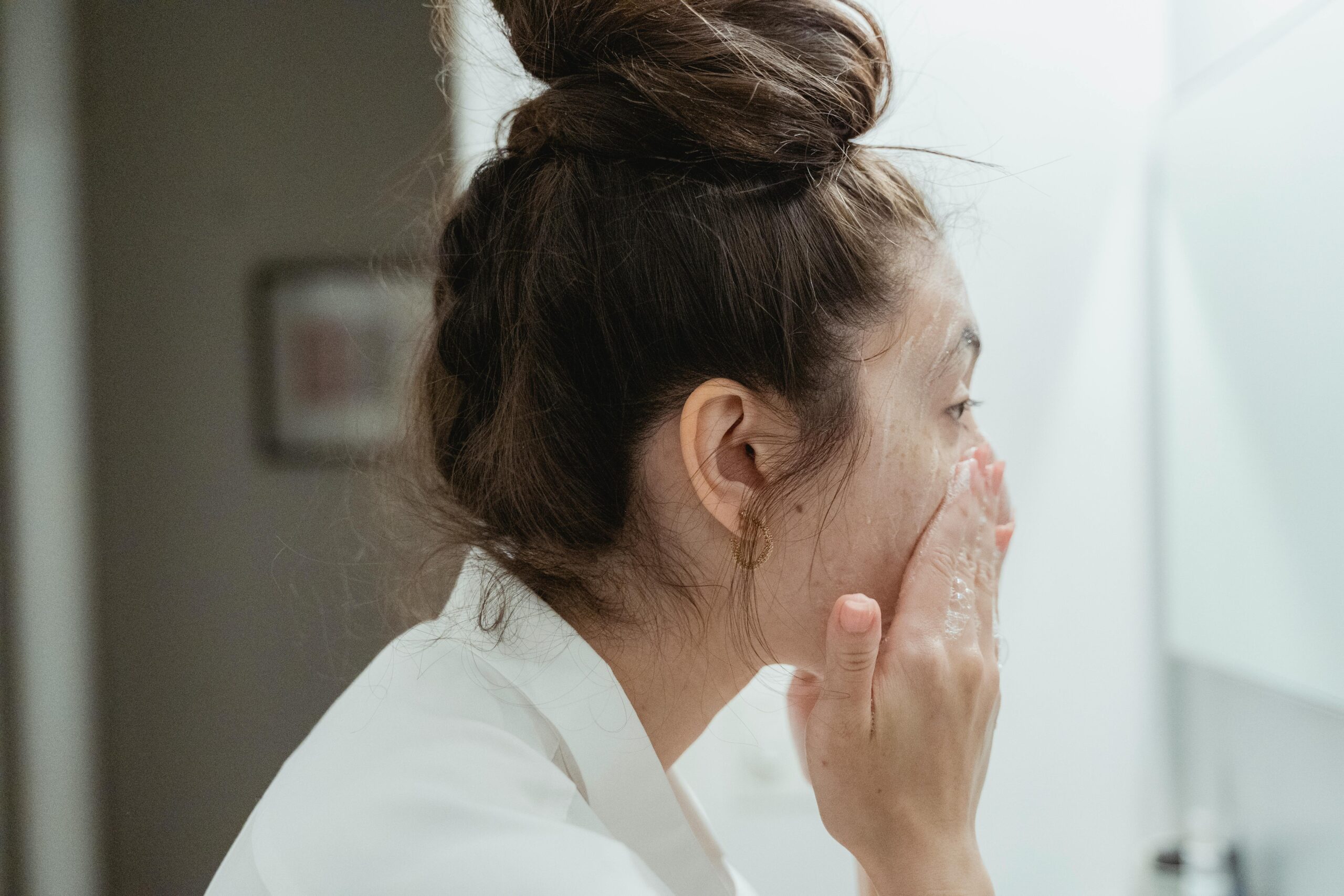
Over-cleansing strips the skin of its natural oils, leading to dryness, irritation, and redness. When you cleanse the skin too frequently or with harsh products, it becomes vulnerable to environmental damage and dehydration. The skin may also become more prone to breakouts as it tries to compensate for the loss of oils by overproducing sebum. Using a gentle cleanser and limiting the number of washes per day helps preserve the skin’s natural barrier.
Excessive cleansing can also disrupt the skin’s pH balance, which plays a key role in maintaining its health and resilience. Over-cleansing may worsen conditions such as acne and rosacea, making the skin appear inflamed and irritated. It is important to cleanse the skin just twice a day- once in the morning and once at night- to keep it clean and healthy without causing unnecessary damage. Be mindful of the products you use to ensure they are gentle and suitable for your skin type.
Sharing Makeup Brushes or Products
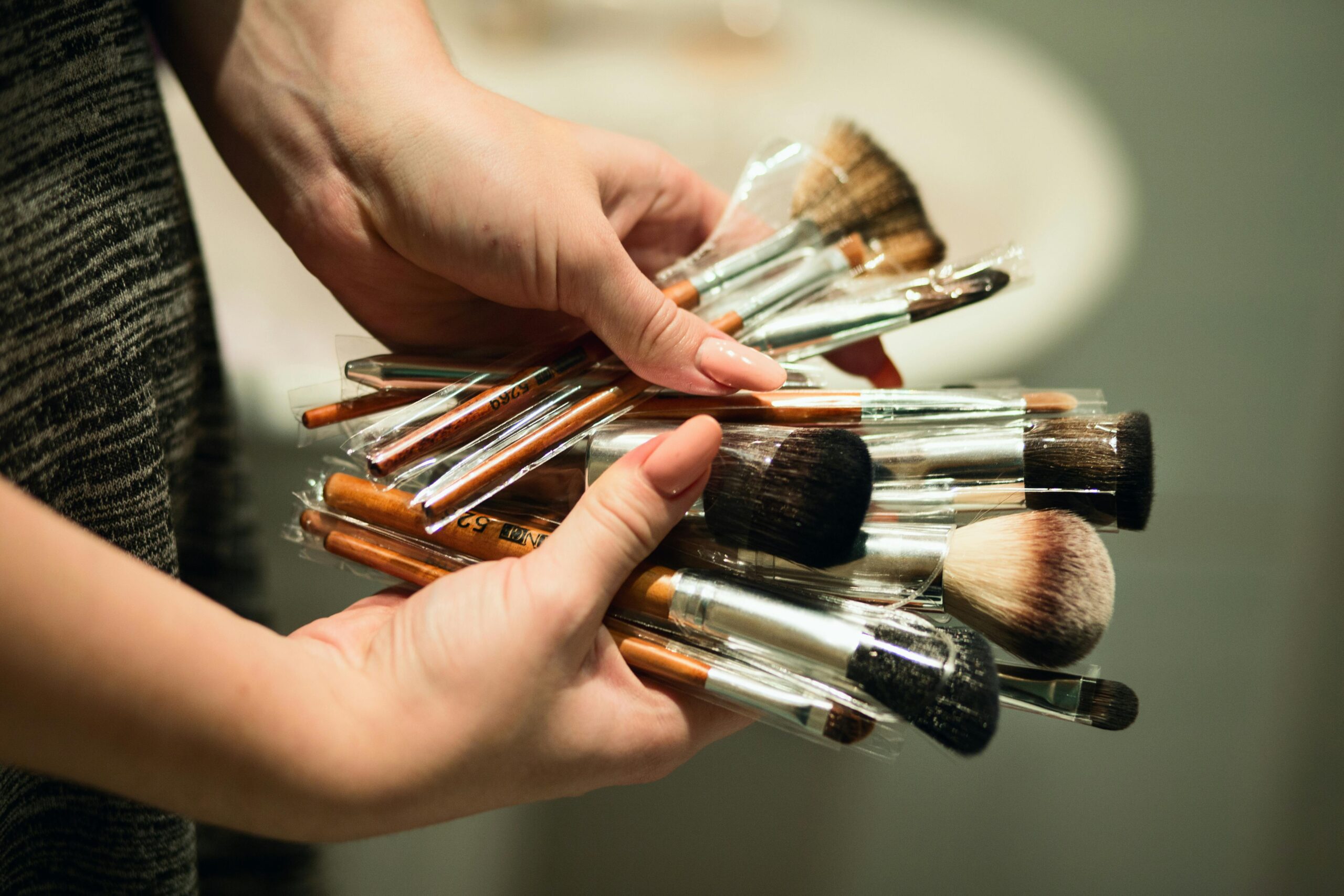
Sharing makeup brushes or products introduces bacteria and other harmful microorganisms to your skin, increasing the risk of infections and breakouts. When brushes are shared, germs from one person’s skin are transferred to another, leading to clogged pores and acne. Makeup products, especially those applied near the eyes or lips, can also spread viral or fungal infections if used by multiple people. It is essential to use clean, personal makeup tools and avoid sharing them with others.
Sharing makeup products can also compromise the quality of the products themselves, leading to contamination and reduced effectiveness. If the makeup is used past its expiration date or is exposed to bacteria, it can irritate the skin and cause allergic reactions. It is important to regularly clean your makeup brushes and replace makeup products to avoid any health risks. Practicing proper hygiene with makeup tools and products helps keep your skin safe from harmful contaminants.
Using Rough and Dirty Sheets or Pillowcases
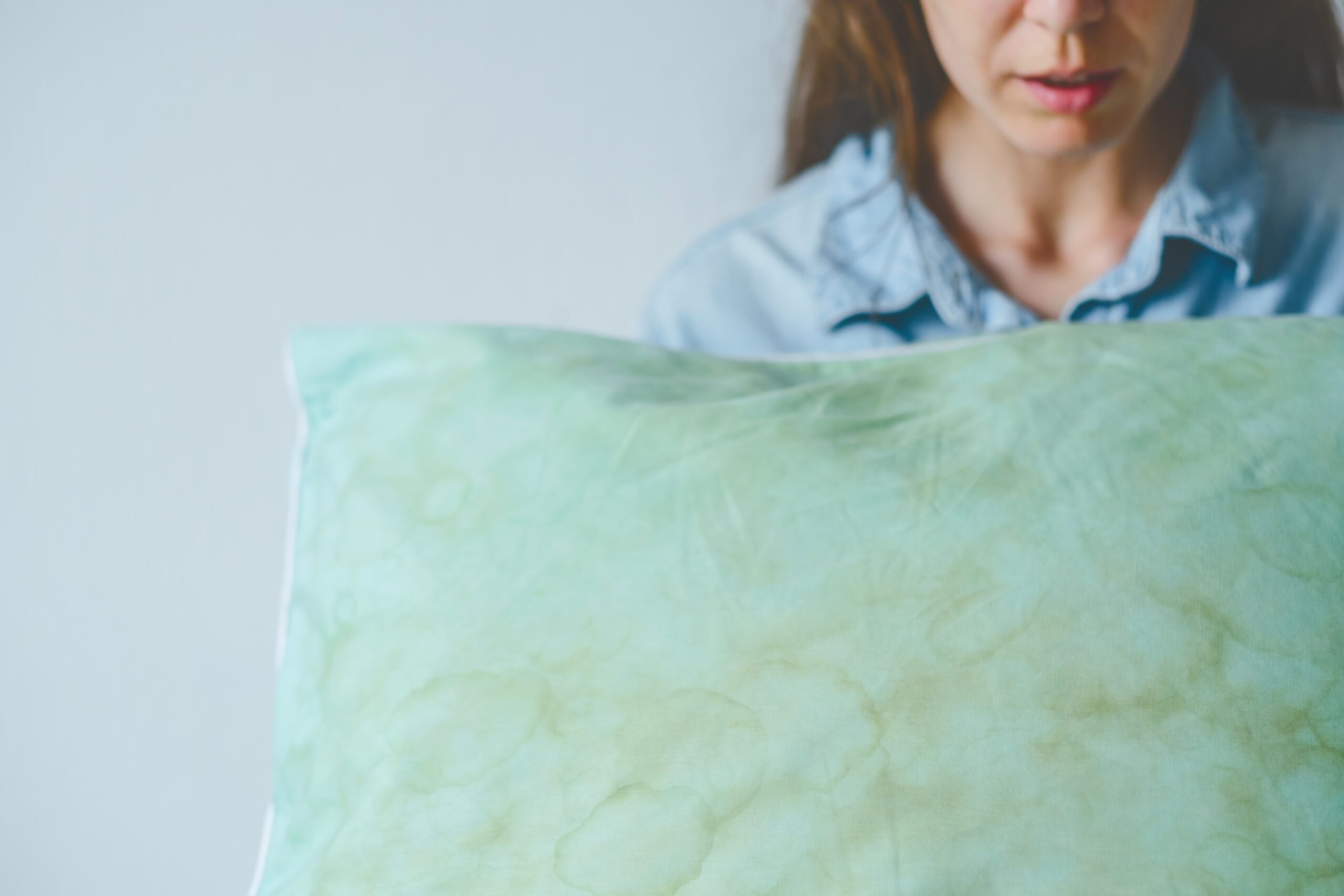
Dirty sheets or pillowcases accumulate oils, bacteria, and dead skin cells that can transfer onto your face while you sleep. This exposure can cause clogged pores, leading to breakouts, irritation, and dull-looking skin. Additionally, rough fabrics can cause friction on the skin, leading to redness, inflammation, and even wrinkles over time. It is important to change your pillowcase frequently and use soft, breathable fabrics that are gentle on the skin.
Using rough and dirty sheets or pillowcases may also exacerbate existing skin conditions such as acne or eczema. Bacteria and allergens from dirty linens can trigger flare-ups and irritation, making the skin more susceptible to infection. Choosing hypoallergenic and soft materials for bedding helps prevent these issues and promotes clearer, healthier skin. Regularly washing your sheets and pillowcases is a simple yet effective way to maintain skin hygiene and avoid unnecessary breakouts.
Adopting healthy skincare habits is crucial for maintaining a radiant and youthful complexion. Avoiding common beauty mistakes can help protect the skin from long-term damage and premature aging. By being mindful of the choices you make daily, such as protecting your skin from the sun and staying hydrated, you can improve your overall health. A consistent skincare routine tailored to your skin’s needs is key to achieving lasting results.
This article originally appeared on Avocadu.
